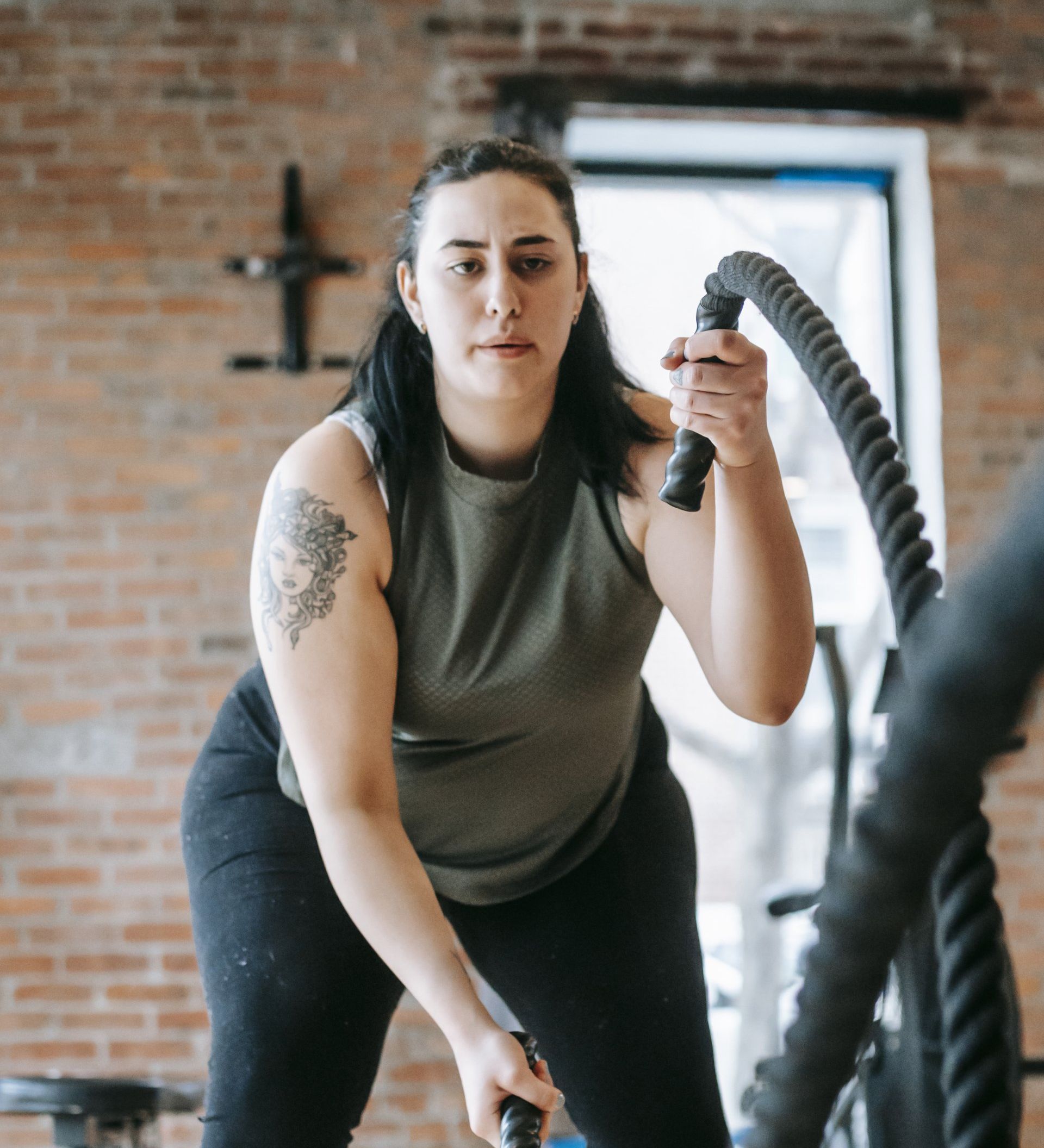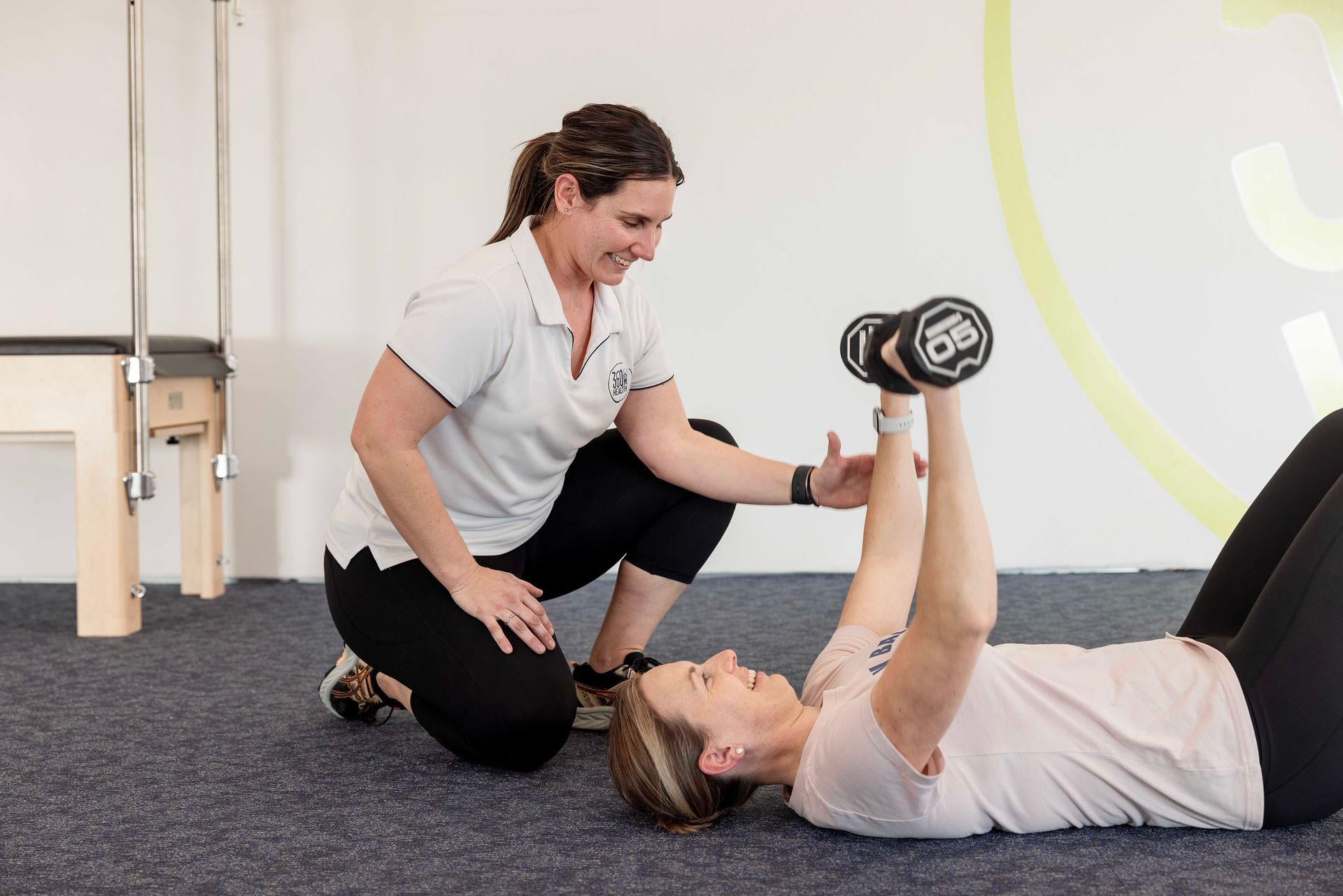World Obesity Day
In australia, 2 in 3 adults are living with overweight or obesity.

Obesity is a medical condition, sometimes considered a disease, in which excess body fat has accumulated to such an extent that it can potentially have negative effects on health. It is a risk factor for many chronic conditions and is associated with higher rates of death. Overweight (including obesity) is linked to 30 diseases, including 17 types of cancers, 4 cardiovascular diseases, 3 musculoskeletal conditions, type 2 diabetes, dementia, asthma and chronic kidney disease.
Overweight (including obesity) is the 2nd leading risk factor (after tobacco use) contributing to ill health and death, responsible for 8.4% of the total disease burden in Australia, in 2018 (AIHW 2019).
Overweight (including obesity) contributed to around 16,400 deaths (10% of all deaths) (AIHW 2019).
Based on the latest available date from the Australia Institute of Health and Wellbeing (AIHW)
- 1 in 4 (25%) of Children and Adolescents between the ages of 2-17years old are living with overweight or obesity. This is approximately 1.2 million children and adolescents
- 2 in 3 (67%) of Adults 18+ are living with overweight or obesity. This is approximately 12.5 million adults.
How we can help here at 360 Health Clinic?
We are a dedicated team of Exercise Physiologists (EP’s), Exercise and Sports Scientists and Exercise Therapists. We work together to help improve the health and wellbeing of clients. In saying this we can also help with people that are living with obesity.
If you reading this and aren't sure where to start below are some details that we can do to help improve your health and reduce the risk factors of obesity.
- Help design appropriate exercise programs- EP’s have the education and training to design scientifically-backed exercise programs that are appropriate for you. No two people are the same, so a one-size-fits-all exercise program is unlikely to be effective.
- Help with goal setting- EP’s can help you set goals that are specific and measurable, before developing a plan on how you're going to achieve the.
- Teach you healthy mentalities about exercise and diet- When it comes to exercise, it is easy to lose motivation and willpower, so the key is making sure that you have someone on your side to keep you on track and help you reach your goals, as well as the goals set by your primary health professional.
- An Exercise Physiologist will create a realistic plan regarding how often and what kind of exercises you should be doing to lose weight. They will also support you in your exercise regime, teaching you how to properly use equipment and motivating you along the way.
Words by Emily Whitney
CONTACT
USEFUL LINKS
STAY INFORMED
You need a helping hand with your project?
We will get back to you as soon as possible
Please try again later
All Rights Reserved | 360 Healh Clinic







